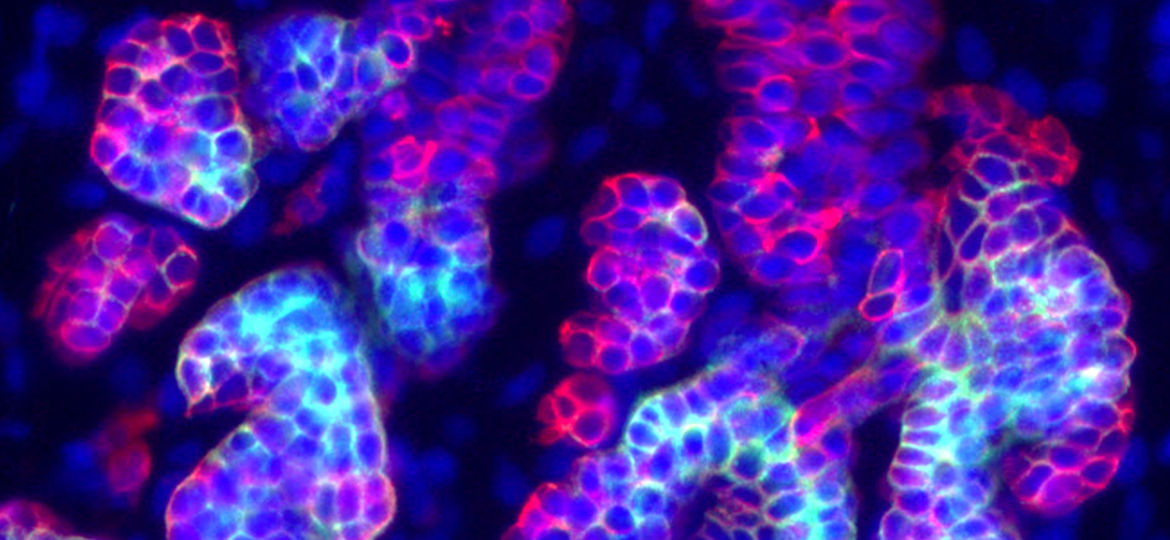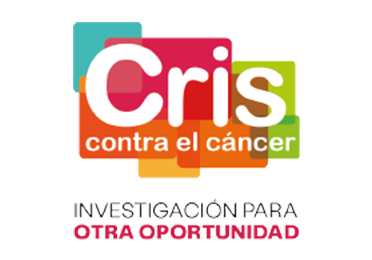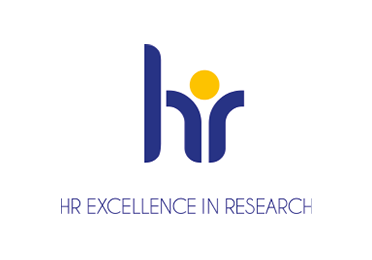

Reported today in Nature, research spearhead by corresponding author Cédric Blanpain and first author, Adriana Sánchez-Danés at the Laboratory of Stem Cells and Cancer, Université Libre de Bruxelles, Belgium, has not only uncovered the culprits that render cells resistant to therapy which leads to disease relapse in basal cell carcinoma, but also evidenced that inducing tumor differentiation is a safe and effective strategy against solid tumors including this most frequent form of skin cancer.
More specifically, the study shows that Vismodegib, an FDA approved cancer medicine used to treat this tumour type, triggers the differentiation of the majority of tumor cells, leading to their elimination. These findings represent a significant forward step in reversing resistance to treatments and stopping cancer recurrence in its tracks.
Commenting on the relevance of these results, Josep Tabernero, Director of VHIO and co-author of the present study said, “Two of the major obstacles we face in our collective quest to more effectively combat cancer are resistance to therapy and metastatic cell spread. This study represents an important advance in unmasking the drivers of disease relapse in patients with basal cell carcinoma, the most frequent form of skin cancer. Importantly, this superb research collaboration has not only led to the identification of the cancer cell population culpable for resistance to therapy and tumor recurrence, it also proposes a promising new treatment combination to more effectively thwart tumor relapse.”
To discover more, please see the following release text issued by the Université Libre de Bruxelles (ULB):
Source: ULB
Advanced online publication in Nature: Researchers at the Université Libre de Bruxelles (ULB) uncover a tumour cell population responsible for resistance to therapy and tumour relapse in the most frequent human cancer. They also identify a novel therapeutic strategy that targets this resisting tumour population and prevents tumour relapse.
Resistance to therapy is a major problem in cancer patients, as the cells that resist to therapy are at the root of tumour relapse, which is in turn associated with high morbidity and mortality. A better understanding of the mechanisms associated with resistance to therapy is essential for the development of better strategies to definitively eradicate cancer and prevent tumour relapse.
In a study published in Nature, researchers lead by Pr. Cédric Blanpain, MD/PhD, WELBIO investigator and Professor at the Université Libre de Bruxelles, Belgium, identified a population of tumour cells that persist following drug treatment, leading to cancer relapse following treatment discontinuation in basal cell carcinoma, the most frequent skin cancer. The study also identifies a combination of drugs that can eliminate the tumour population that resists to the therapy and prevents tumour relapse after treatment discontinuation.
Basal cell carcinoma is the most common human cancer, affecting several millions of new patients each year across the world. Vismodegib, a FDA approved drug, is used for the treatment of locally advanced and metastatic basal cell carcinoma in humans. Many patients treated with Vismodegib experience tumour regression during treatment, but very often their tumours relapse following treatment discontinuation. The precise mechanisms involved in tumour regression upon Vismodegib administration and how the tumour cells resist to the therapy leading to cancer relapse are poorly understood.
In this new study, Adriana Sánchez-Danés and colleagues identified the mechanism by which Vismodegib leads to tumour regression and uncovered the origin of the relapse observed upon treatment discontinuation. They found that Vismodegib promotes the differentiation of the bulk of tumour cells, leading to their elimination. Vismodegib treatment led to the emergence of a population of dormant tumour cells characterized by active Wnt signaling that persists despite continuous drug administration. In collaboration with the groups of Pr. Tabernero (Vall d’Hebron Institute of Oncology, Barcelona, Spain) and Pr. del Marmol (Hôpital Erasme, Brussels, Belgium), the researchers demonstrated that this population of tumour cells presenting active Wnt signaling was also found in patients with basal cell carcinoma treated with Vismodegib.
Adriana Sánchez-Danés and colleagues found that inhibition of Wnt signaling together with Vismodegib eliminates the persisting tumour lesions, leading to tumour eradication in the vast majority of the cases. “It was really exciting to identify a combination of drugs already available in clinics that led to the eradication of resisting tumour cells and avoided tumour relapse in the most frequent cancer in humans”, comments Adriana Sánchez-Danés, the first author of the study.
Altogether, this study illustrates that Vismodegib promotes tumour regression by promoting the differentiation of tumour cells. This demonstrates for the first time that inducing tumour differentiation is a safe and efficient strategy to treat solid tumours such as basal cell carcinoma. “This is the first example of a FDA approved drug used to treat solid tumours that induces tumour regression through differentiation. Tumour differentiation is an exciting route to treat cancer, as it is non toxic for normal cells and was proved to be a revolutionary treatment in certain leukemia”, said Cédric Blanpain, the senior author of study. “Our study also identifies a new mechanism of resistance to therapy in basal cell carcinoma and demonstrates that the administration of two existing drugs is sufficient to prevent tumour relapse in the vast majority of the cases. The next step would be to conduct clinical trials using the combination of these two drugs in patients with relapsing basal cell carcinomas and possibly other cancers characterised by the activation of the two signaling pathways identified here”, explains Cédric Blanpain, the corresponding author of the Nature paper.
This work was supported by the FNRS, the TELEVIE, the Marian’s Family, the Fondation ULB, the foundation Baillet Latour, and a consolidator grant of the European Research Council.
Adriana Sánchez-Danés, Jean-Christophe Larsimont, Mélanie Liagre, Eva Muñoz-Couselo, Gaëlle Lapouge, Audrey Brisebarre, Christine Dubois, Mariano Suppa,Vijayakumar Sukumaran, Véronique del Marmol, Josep Tabernero, and Cédric Blanpain#
A slow cycling Lgr5 tumour population mediates basal cell carcinoma relapse after therapy
Nature 2018. doi10.1038/s41586-018-0603-3
# Corresponding author
Note that this paper is published back to back in Nature together with another study led by Dr Frederic de Sauvage, Genentech, San Francisco reporting similar findings.
###










